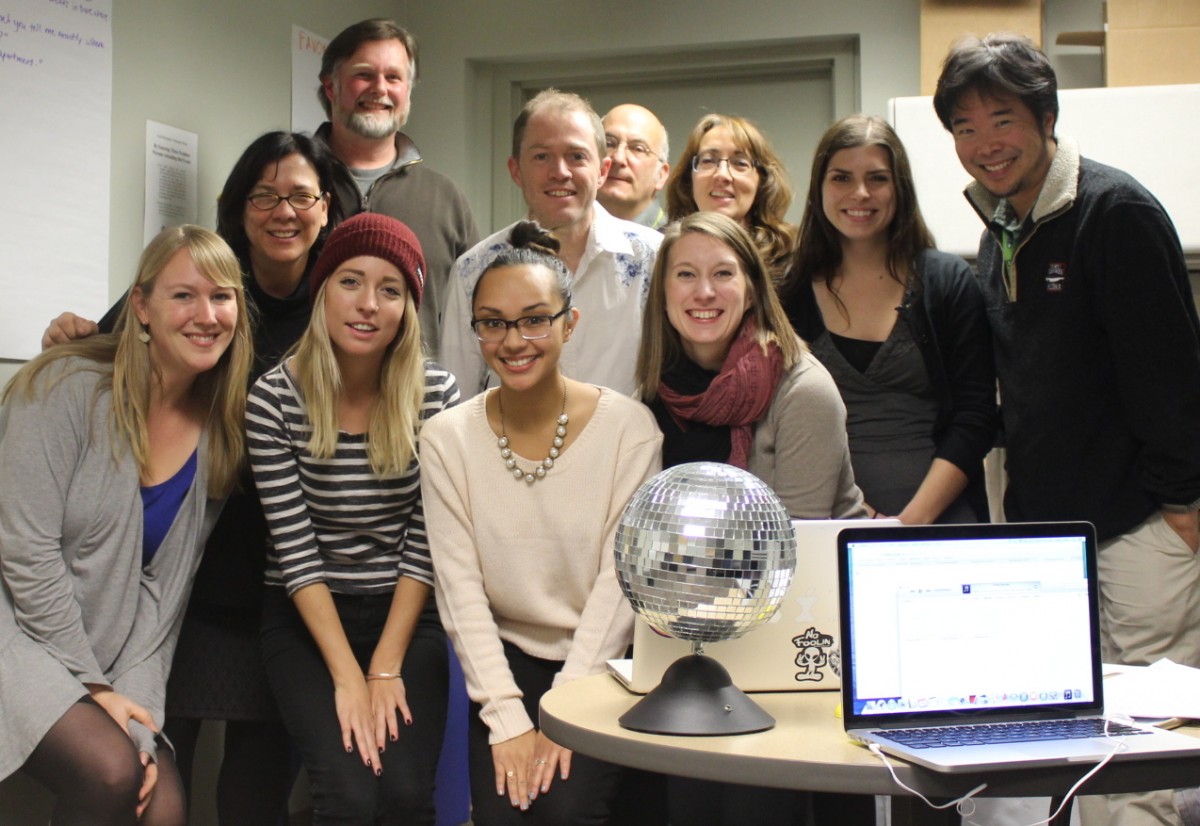Written by Denise Miller, Firesteel Advocacy Coordinator
Advocating for an end to homelessness can be frustrating. Sometimes funding is cut for programs that are literally saving lives. Sometimes hardworking families get trapped in a vicious cycle of poverty. Sometimes the comments posted to news articles about homelessness are so coldhearted and removed from reality that I wonder if we’ll ever build the political will to make our society a truly equitable one. My frustrations as an advocate are felt much more sharply by moms and dads who are working to move their families from homelessness to stability.
What gives me hope is working alongside smart, caring people who are committed to ending homelessness. Many have never experienced poverty, but believe that everyone should have the opportunity to live in a safe, affordable home. Others, like Brandy Sincyr, have emerged from childhood homelessness and dedicated themselves to making sure all children have the resources they need to succeed. Some, like Lisa Sawyer, advocate for policies that will help end homelessness even while living on the streets.
Advocacy through the “Finding Our Way” storytelling project
The strength and passion of our advocacy community came into sharp focus for me as I helped to coordinate the “Finding Our Way” StoryCorps storytelling project. Service providers tend to have huge workloads and limited resources; for most, raising public awareness about homelessness is outside of their job description. Yet dozens of service providers in King, Snohomish and Pierce counties went above and beyond to connect their clients with opportunities to share their stories this summer. They recognized that while it’s important to treat the symptoms of poverty, we must also advocate for systemic changes to cure it. And they knew that a key part of advocacy is helping their communities understand the prevalence and actual causes of homelessness.
More than 150 people recorded “Finding Our Way” interviews sharing how homelessness has affected them. It’s not easy to talk about the lowest moments of your life, much less give permission for them to be widely broadcasted. The participants I met said things like, “This is hard to talk about, but I hope my story helps someone else,” and “People need to understand that not all homeless people are lazy or bad.” In opening up about their experiences, the “Finding Our Way” participants are also sparking change and advocating for an end homelessness.
One Tacoma mom shared her story of losing her home, and finding herself at REI looking for a tent for her family of five. Her family’s story of love and resilience will air on NPR’s Morning Edition this Friday morning; I hope you’ll honor their contribution to our collective advocacy work by listening to and sharing their story.
Our community collaborates and supports each other
StoryCorps’s phenomenal staff will produce several of the stories we collected, and our advocacy community is invited to edit and produce other clips from the audio archive. Over the last two weeks, our colleagues at Seattle University hosted “listening parties” where advocates reviewed the stories and made recommendations for which ones to produce. The edited pieces will appear on this website starting in January.
I took photos at these listening parties, which were great examples of the way our community members collaborate and support each other. To the advocates who are pictured below, and to those who aren’t: I am grateful for you. Together, we can get past the frustrations inherent in this work and ensure that any experience of homelessness in our community is a rare, brief, and one-time occurrence.




![We invited listeners to write memorable quotes from the stories on posters. Kollin Min from the Bill & Melinda Gates Foundation writes, "[My son] has had to experience a lot that he shouldn't have. He knows more than what he should know. And people compliment me by saying, 'Oh, he's mature.' But really, it's not a compliment, because he's a child. He's supposed to have his youth. And I think the way I was living, the things we went through, it kind of took his youth away. And that hurts a lot." The Gates Foundation funded the "Finding Our Way" initiative, and Kollin's support was instrumental to the project's success.](http://firesteelwa.org/wpsystem/wp-content/uploads/2014/11/Listening-Kollin-writes-quote-830x553.jpg)





Pingback: Firesteel Adds New StoryCorps Section to their Website | Seattle University Project on Family Homelessness()